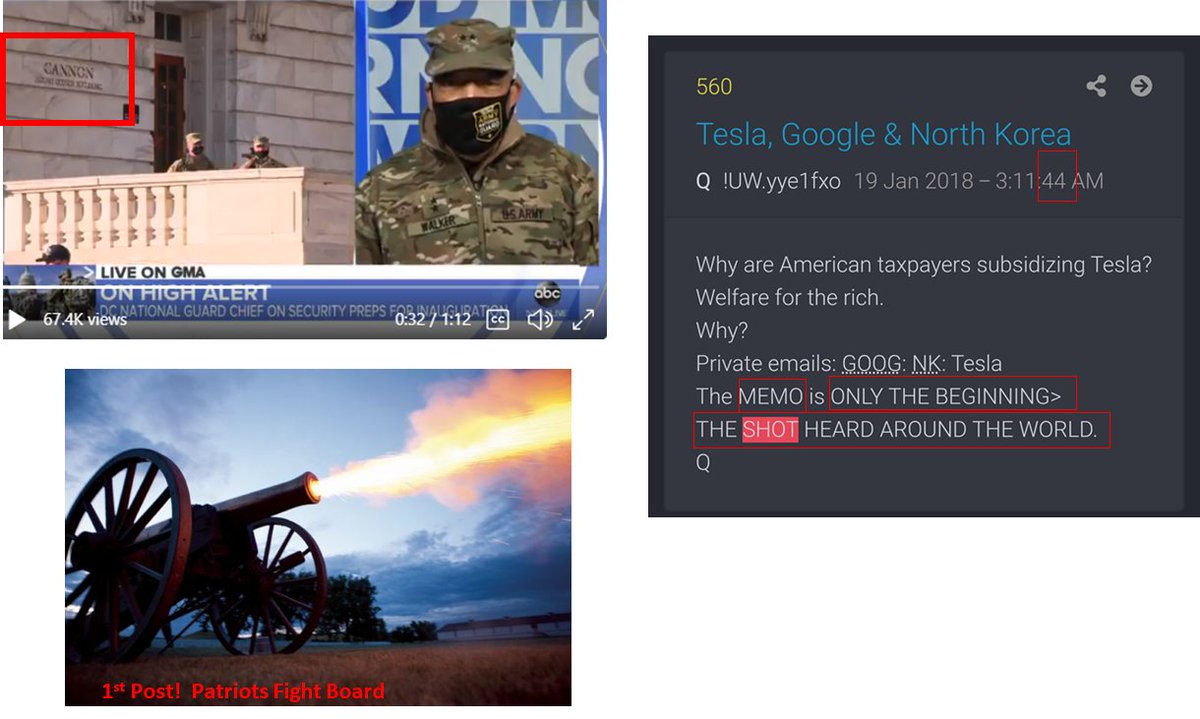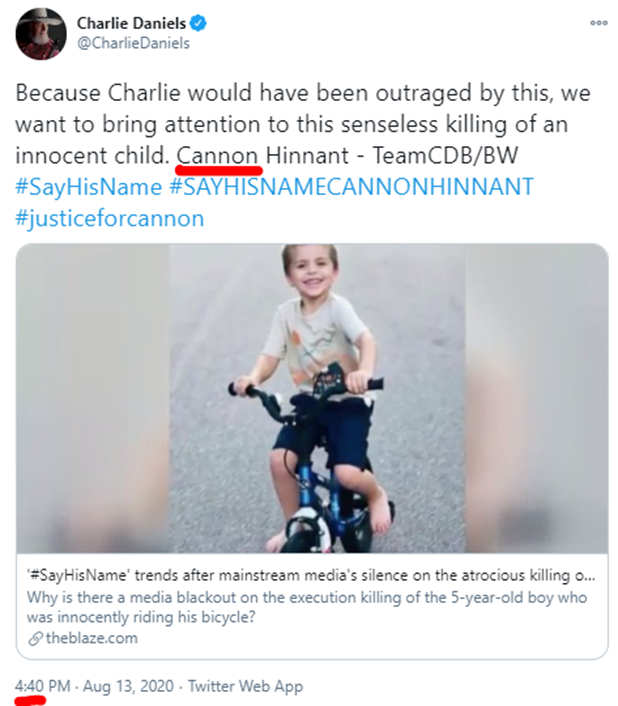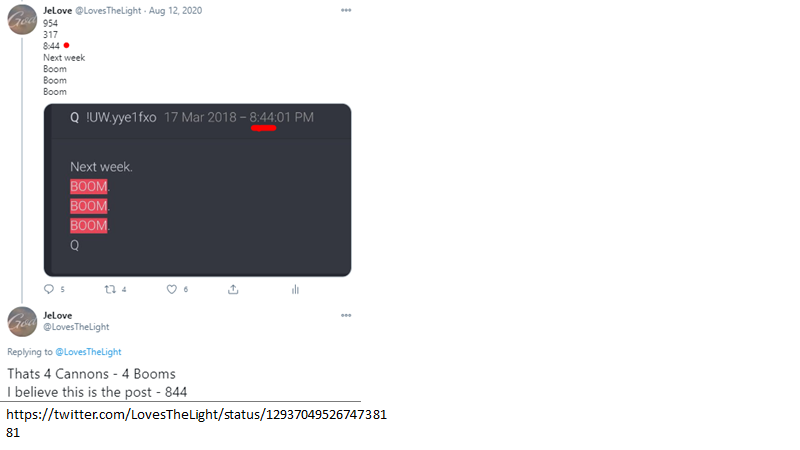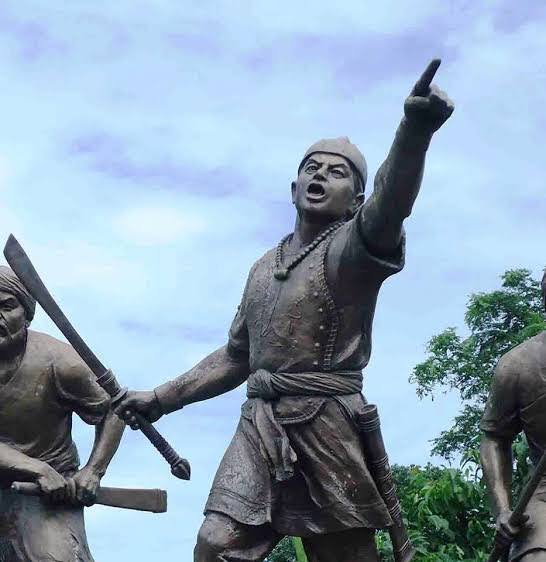Spectator thread: Among the Scottish parliament’s many crucial roles, there is none more important than its ability to scrutinise government and hold it to account. The same is true of a free press. Both are at their best when they hold power to account on behalf of the public.
We have published a duly redacted version of Alex Salmond’s account on our website.
When the Scottish parliament building opened in 2004, Liz Lochhead read aloud to MSPs a poem Edwin Morgan. The verse is on display to this day:
A symposium of procrastinators is what they do not want.
A phalanx of forelock-tuggers is what they do not want.
And perhaps above all the droopy mantra of ‘it wizny me’ is what they do not want.”
More from Government
'Peaceful transition to Military Power....'
Cannon
44
....heard around the world
NG - High Alert https://t.co/lfeSiUCCRB

We Will Never Forget
44
Stage is set
https://t.co/h6G3LCevII

Following the 44 trail of breadrumbs
https://t.co/PcX0uKUEUW

Cannon
44
....heard around the world
NG - High Alert https://t.co/lfeSiUCCRB

\U0001f4a5 BOOM \U0001f4a5
— R\u0113d.P\u012bll.Ph\u0101rm\u0101c\u012bst (@Red_Pill_Pharma) January 18, 2021
30 secs in - what do I hear?
\u2018Peaceful transition to military power\u2019
\U0001f1fa\U0001f1f8 MILITARY IS THE ONLY WAY \U0001f1fa\U0001f1f8 pic.twitter.com/9NPMT7N7Qy
We Will Never Forget
44
Stage is set
https://t.co/h6G3LCevII

The stage is set. Staged.
— JeLove (@LovesTheLight) November 7, 2020
Where? (the) Delaware.
10:44
Purple
First graphic in 98https://t.co/PKHlxp0rzS pic.twitter.com/XCx6pVQTHx
Following the 44 trail of breadrumbs
https://t.co/PcX0uKUEUW

Boom, Boom, Boom pic.twitter.com/ZcZXAgL0Qf
— JeLove (@LovesTheLight) August 13, 2020
















